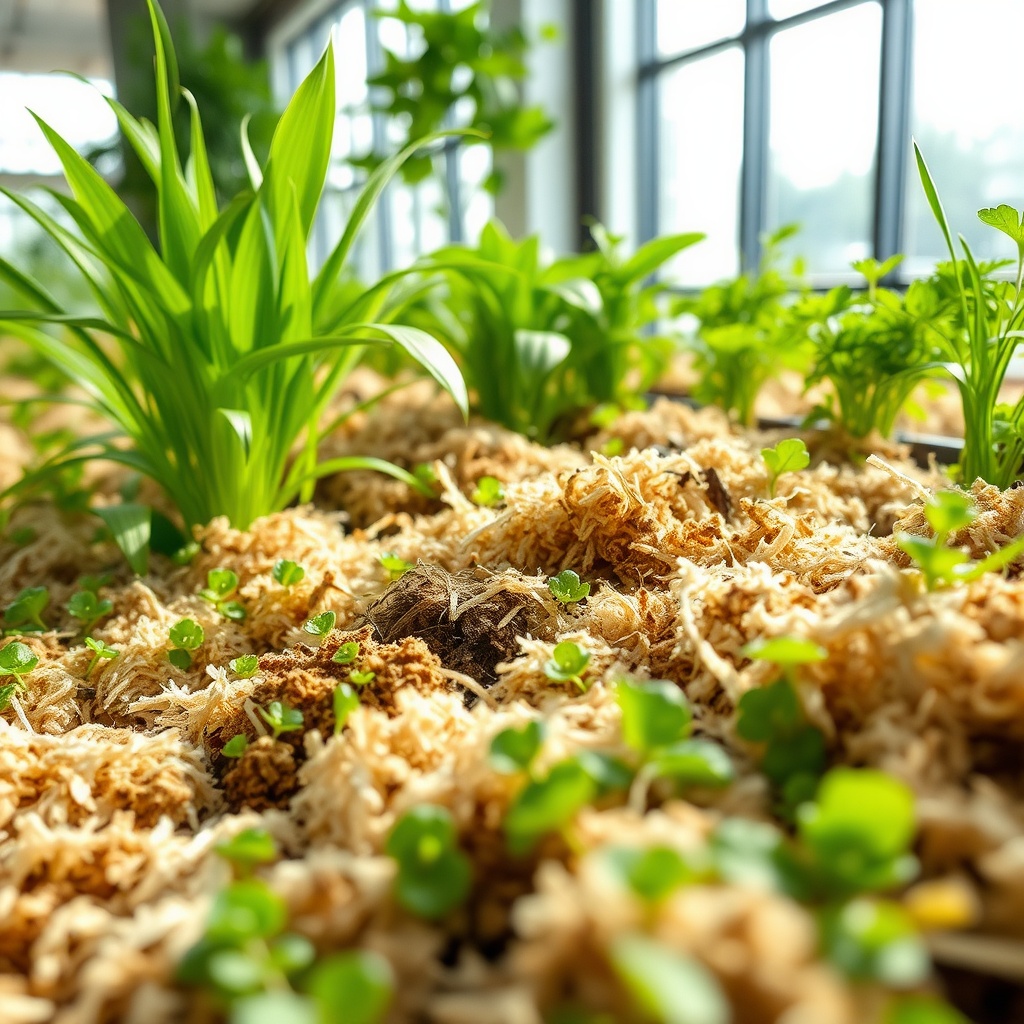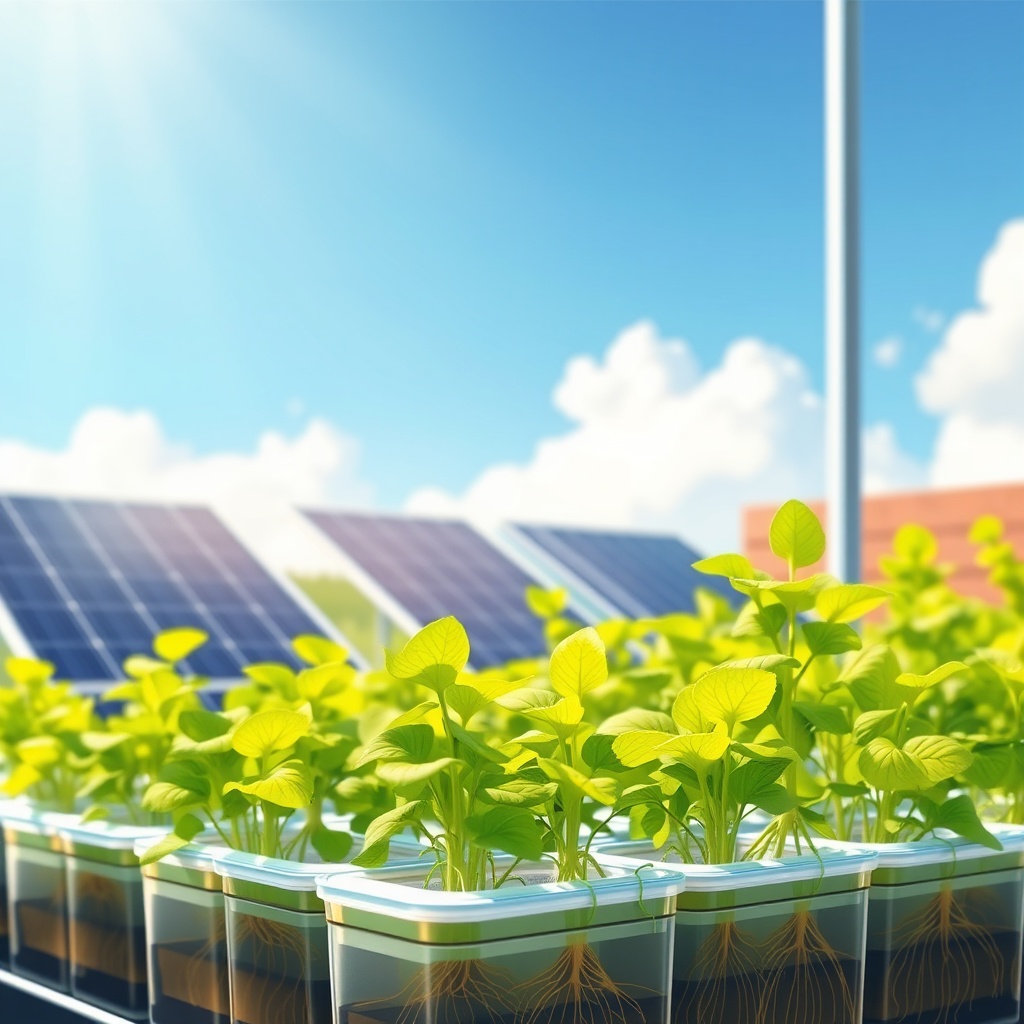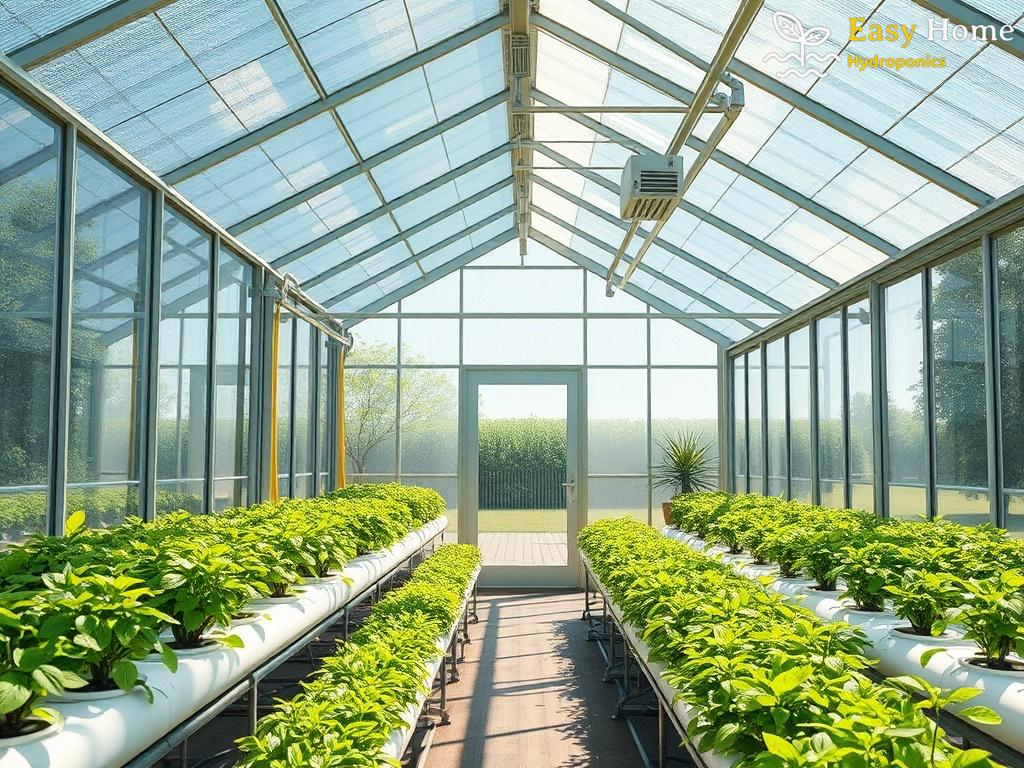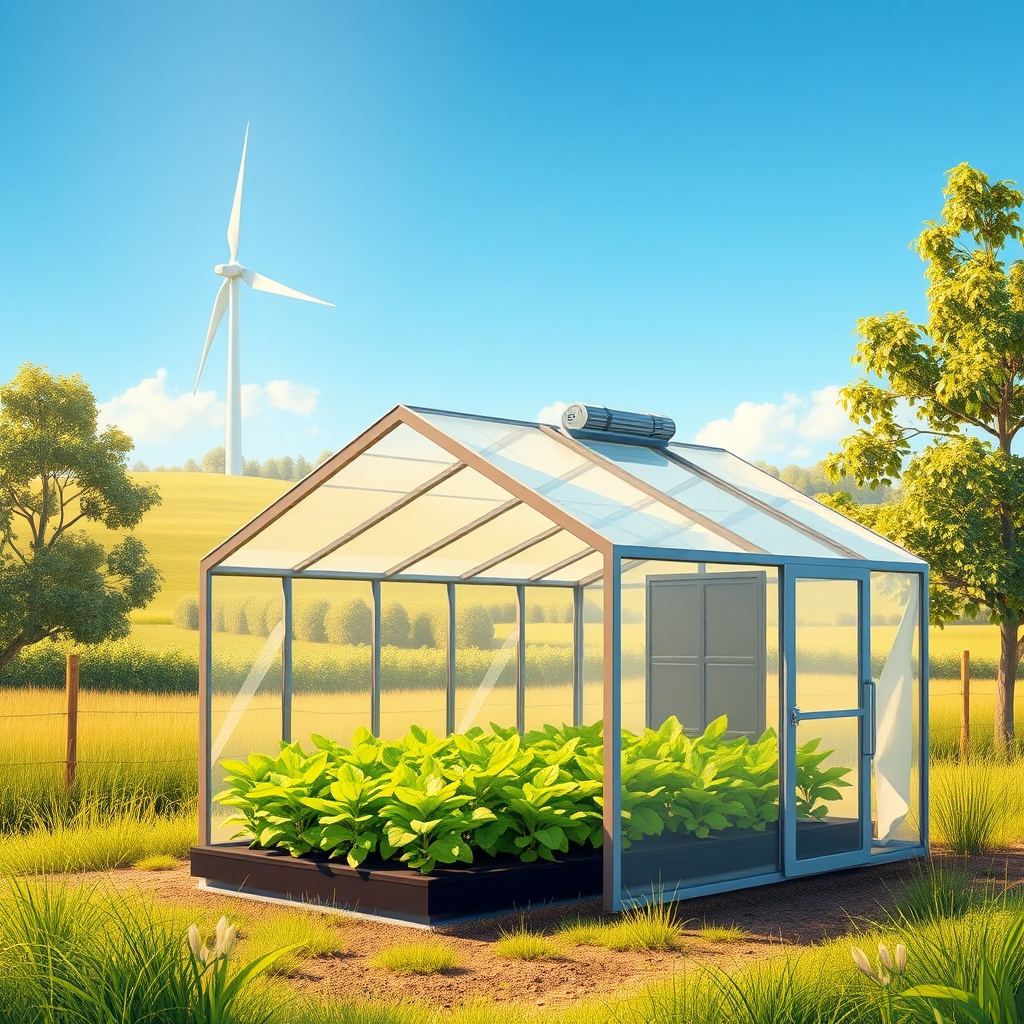Embracing the Earth: A Shift Towards Natural Fiber Mediums
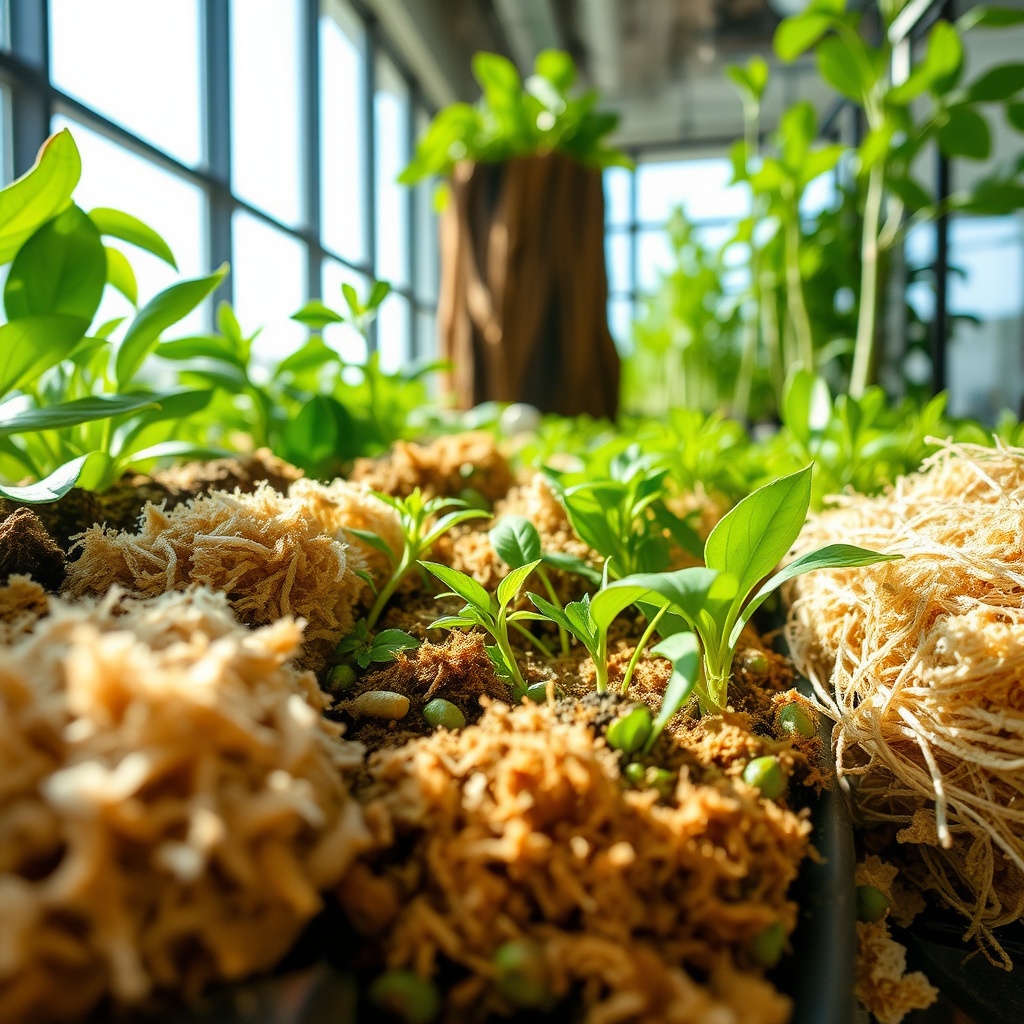
As hydroponics evolves, the quest for sustainable and efficient growing mediums has led to an exciting exploration of natural fibers. These organic alternatives not only support healthy plant growth but also align with eco-conscious practices. By utilizing materials that are both renewable and biodegradable, hydroponic growers can significantly reduce their environmental footprint while reaping the benefits of robust plant development.
The Power Players: A Comparison of Natural Fiber Options
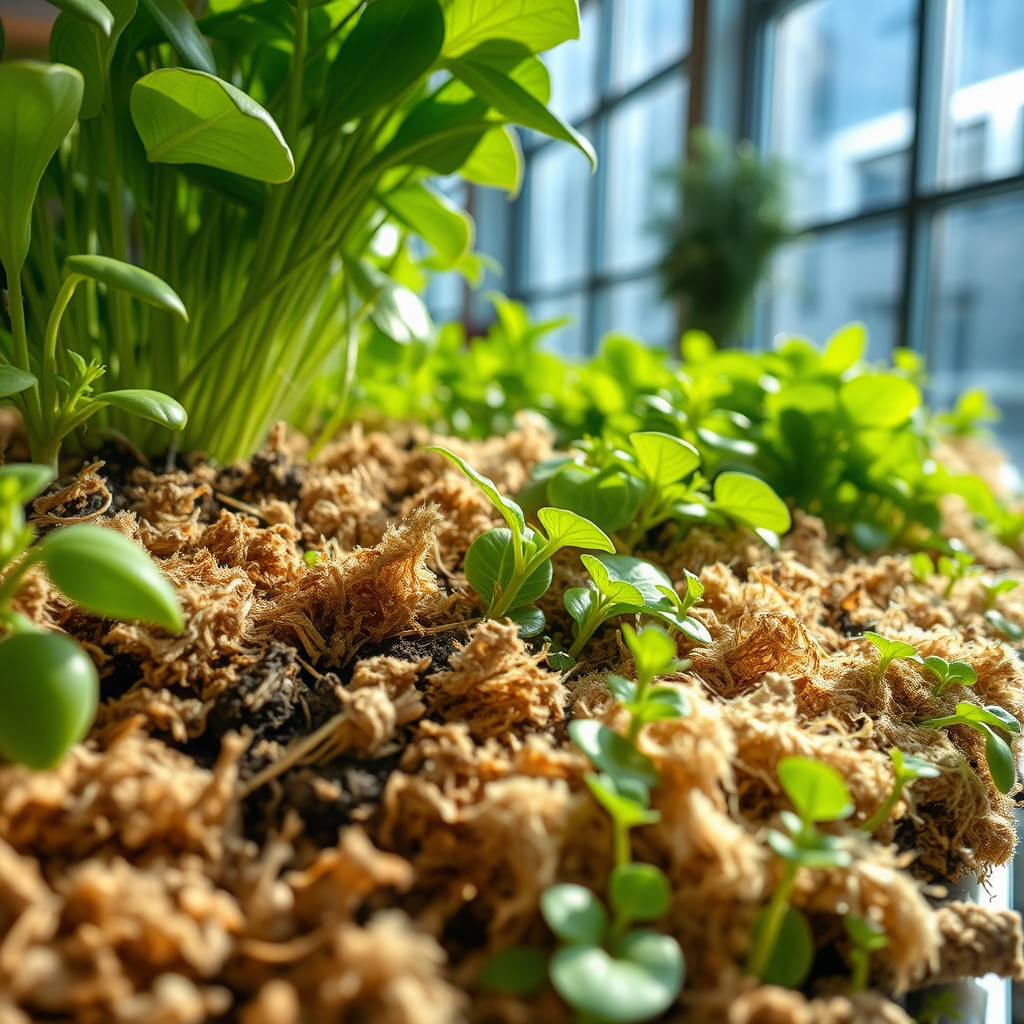
When it comes to selecting the right natural fiber for hydroponic systems, the choices can be overwhelming. Each medium offers unique properties that can enhance plant growth, water retention, and nutrient availability. Below is a curated list of popular natural fiber mediums, complete with their key characteristics:
- Coconut Coir: Derived from coconut husks, this medium is praised for its excellent water retention and aeration properties.
- Hemp Fiber: Known for its strength, hemp fiber offers good drainage and is a sustainable option that supports healthy root development.
- Sphagnum Moss: This ancient plant material excels in moisture retention and is ideal for seedlings and delicate plants.
- Rice Hulls: A byproduct of rice production, rice hulls provide excellent aeration and are lightweight, making them a popular choice for growers.
Innovative Applications: Blending Natural Fibers with Technology
The future of hydroponic cultivation lies in the harmonious integration of natural fibers with advanced technology. By combining these organic mediums with smart irrigation systems and nutrient delivery methods, growers can achieve optimal conditions for plant growth. This synergy not only enhances productivity but also fosters a deeper connection between agriculture and sustainability, inspiring a new generation of eco-friendly farming practices.

